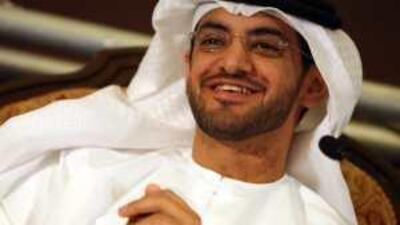ABU DHABI // Developers of some of the emirate's biggest projects are going back to school make sure they know what is required under the new green building guidelines. Estidama, the sustainability initiative of the Urban Planning Council (UPC), is holding workshops in the coming months where it will show designers how to rate their sustainability performance according to Estidama's "pearl" scale.
Among the developers taking part in the pilot programme are Aldar, Masdar, Royal Group, ICT and Al Qudra. Projects that will benefit include mixed-use buildings, residential towers, retail developments and large-scale communities. Falah al Ahbabi, the general manager of the planning council, said the main objective was to establish the Estidama pearl rating method "as a leading benchmark rating tool over the region". Estidama, which means "sustainability" in Arabic, will publish its new buildings rating method as well as a communities rating method in early October.
Saood al Junaibi, the main spokesman for Estidama, added: "Our workshops will improve the designers' understanding of Estidama guidelines and rating methods to really achieve the highest sustainability level." @Email:mkwong@thenational.ae

